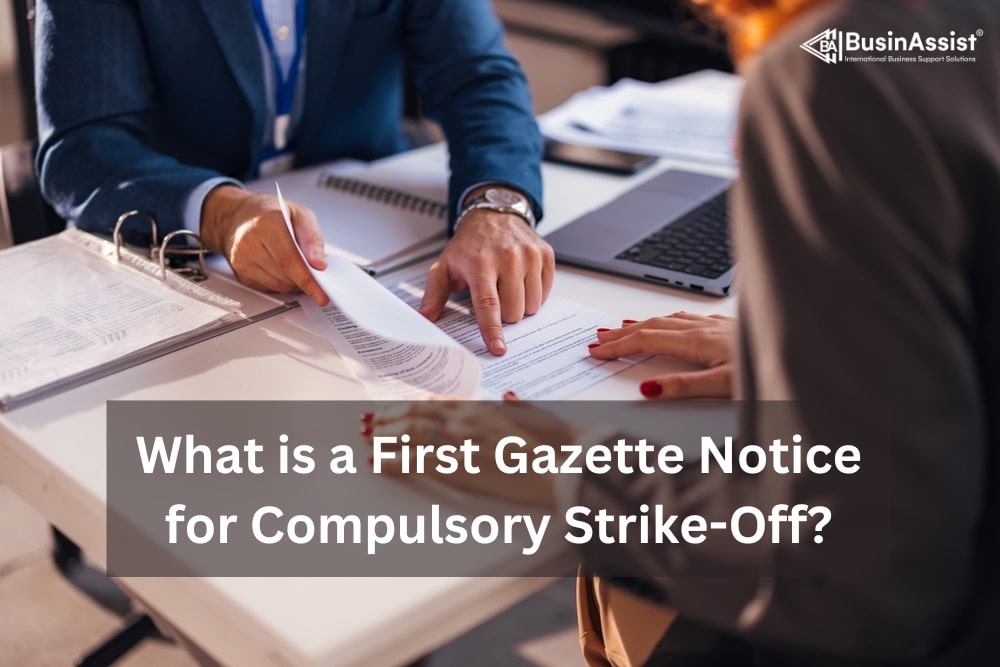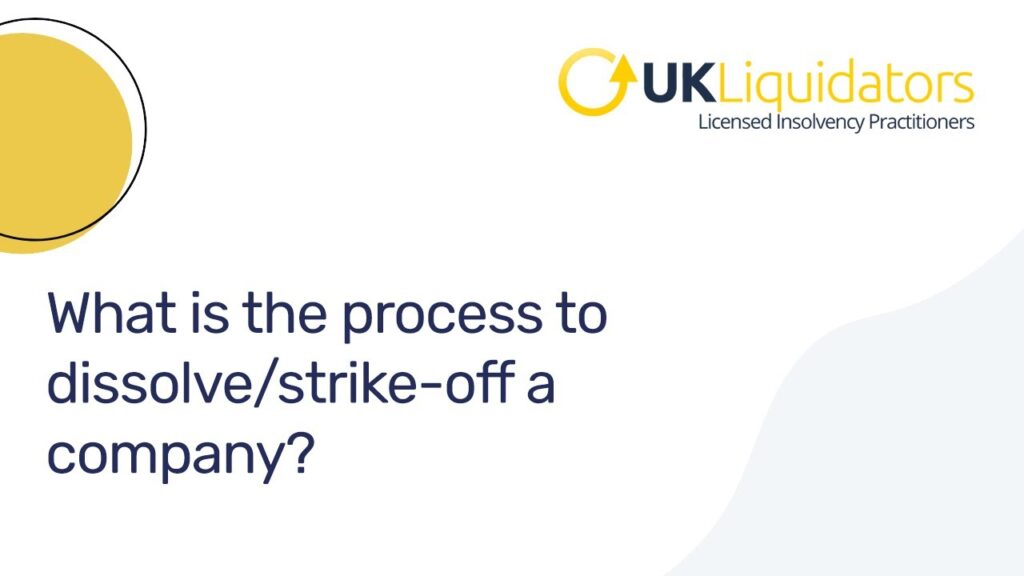Comprehending Compulsory Strike Off: What You Need to Know
Comprehending Compulsory Strike Off: What You Need to Know
Blog Article
Recognizing the Process and Implications of Compulsory Strike Off Under Company Legislation
In the world of company law, the process and ramifications of compulsory strike off hold significant weight for companies and their supervisors. Comprehending the complexities of why business deal with such an outcome, the precise actions associated with the strike off procedure, and the far-ranging ramifications for all celebrations involved is critical in browsing the facility landscape of business administration. As we look into the reasons behind required strike offs, the ensuing procedures, and the succeeding repercussions, a clearer picture arises of the profound effect it can carry people and entities alike.
Reasons for Compulsory Strike Off
Obligatory strike off under business legislation is started by the governing authorities for details factors connected to non-compliance or functional abnormalities. The main reason for a company to face compulsory strike off is the failing to submit annual returns or monetary statements for an extended duration. This non-compliance shows an absence of transparency and adherence to regulatory demands, elevating worries regarding the business's financial health and liability.

Refine of Strike Off
Offered the governing authority's initiation of required strike off for different factors, comprehending the process of strike off is important for firms dealing with prospective dissolution under company regulation. The procedure normally begins with the regulatory authority sending out notices to the business's registered workplace address, notifying them of the impending strike off. It is essential for the firm to attend to any type of exceptional issues, such as filing overdue files or settling superior charges, within the specified timeframe to prevent dissolution.

Ramifications for Business
What are the ramifications for firms facing compulsory strike off under firm law? Firms facing obligatory strike off may come across several considerable effects. The business discontinues to lawfully exist, resulting in the loss of its company status and the going along with benefits and protections. This can lead to the failure to get in right into contracts, conduct service, or seek legal actions in the business's name.
In addition, the firm's assets at the time of strike off become property of the state, which can result in monetary losses for lenders and shareholders. Investors might shed their financial my review here investments, while financial institutions might struggle to recuperate any type of arrearages owed to them by the struck-off business.
Additionally, supervisors of the business may face incompetency from holding similar settings in other firms for a given period (what is compulsory strike off). This can tarnish their specialist track record and limit their future business possibilities
Repercussions for Directors
Encountering required strike off under firm regulation can have extreme implications for directors, affecting their future functions in other companies and possibly staining their specialist standing. Supervisors of a company dealing with obligatory strike off might find it testing to protect directorial positions in other companies in the future. Overall, the consequences of compulsory strike off for supervisors extend beyond the specific firm in concern, affecting their career prospects and specialist reputation in the lengthy term.
Avoiding Compulsory Strike Off

Conclusion
To conclude, understanding the process and implications of mandatory strike off under business law is vital for directors and business to guarantee compliance with policies. By being conscious of the reasons for strike off, the process involved, and the consequences for all events entailed, firms can take actions to avoid being subject to compulsory strike off. It is very important for supervisors to be aggressive in keeping appropriate records and meeting legal commitments to stop the danger of strike off.
Given the regulatory authority's initiation of compulsory strike off for numerous factors, understanding the process of strike off is critical for firms dealing with potential dissolution under firm legislation.What are the ramifications for companies encountering obligatory strike off under company regulation?Dealing with compulsory strike off under firm legislation can have severe implications for supervisors, affecting their future functions in various other business and potentially staining their professional standing. Supervisors of a business facing obligatory strike off may locate it challenging to safeguard directorial positions in various other business in the future.In conclusion, comprehending the process and ramifications of compulsory strike off under firm law is crucial for business and supervisors to ensure conformity with regulations.
Report this page